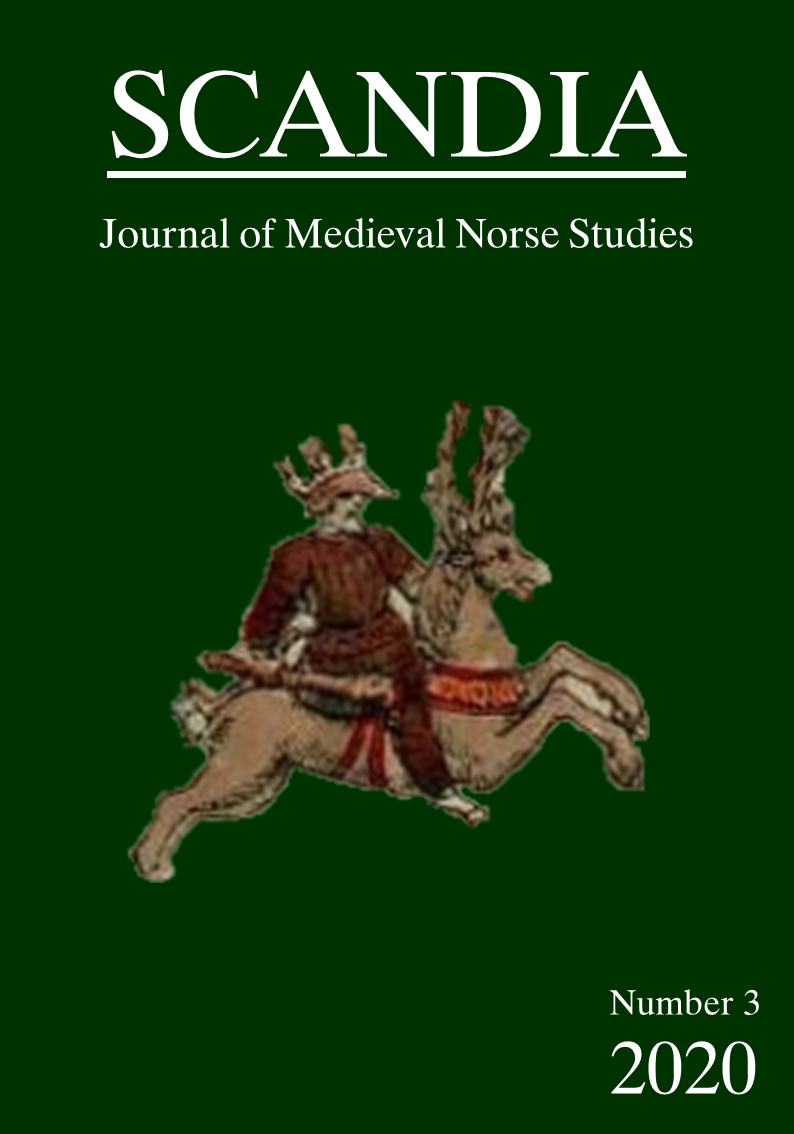BETWEEN TOPONYMY, TOPOGRAPHY AND TEMPORALITY: TOWARDS A PREDICATIVE MODEL FOR LOCALISING COURTYARD SITES
Resumo
The courtyard sites, compounds mostly consisting of houses laid out around an open space and their functions are among the most debated features within Norwegian archaeology. In general, they occur from about 100 to 1000 A.D. Numerous hypotheses and theories have been proposed as to their functions, among others military, as they follow a relatively strict layout resembling barracks and camps, and legal functions as the number of houses sometimes correspond to the number of legal districts in a given area. This paper discusses the possibilities of localising courtyard sites in the landscape and determining functions by looking at factors such as toponyms (place names) and topography. Furthermore, differences in time and space will be discussed. Which changes in layout and between the different regions can be traced, and do these changes through time, and which common denominators are there across time and space?
Downloads
Downloads
Publicado
Edição
Seção
Licença
O(s) autor(es) do original apresentado se compromete(m) a cumprir o que se segue:
- Todos os autores responsabilizam-se publicamente por ele.
- Os autores afirmam que este original é de sua autoria e que assumem integral responsabilidade diante de terceiros, quer de natureza moral ou patrimonial, em razão de seu conteúdo, declarando desde já que a obra não infringe quaisquer direitos de propriedade intelectual de terceiros.
- O(s) autor(es) concordam em ceder os direitos autorais do original à Revista Scandia, à qual concedem permissão para sua reprodução, edição e publicação on-line.
- O(s) autor(es) outorgam seus direitos autorais de seu original à Revista Scandia, licendiado sob a Criative Commons Attribution License, que permite o compartilhamento deste trabalho com o reconhecimento de sua autoria.
- O(s) autor(es) têm permissão e são estimulados a citar e distribuir seu original.



